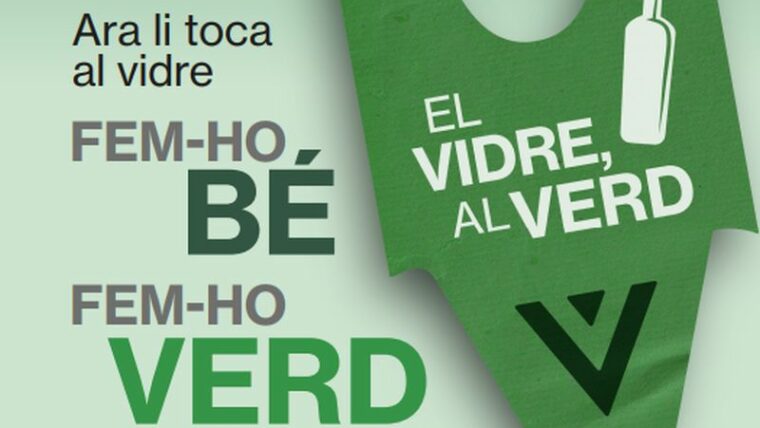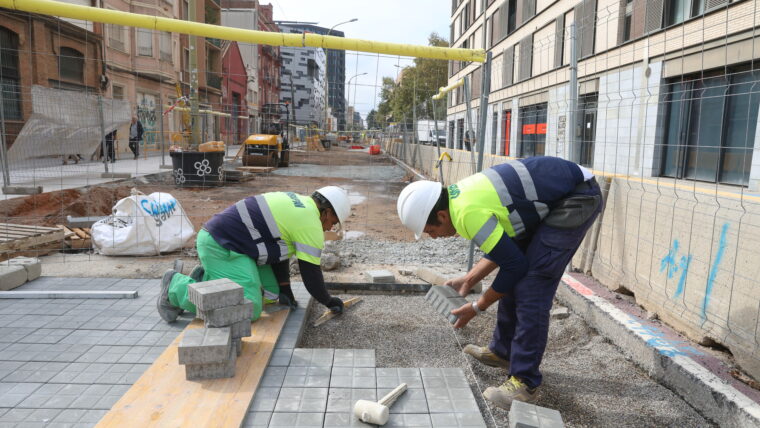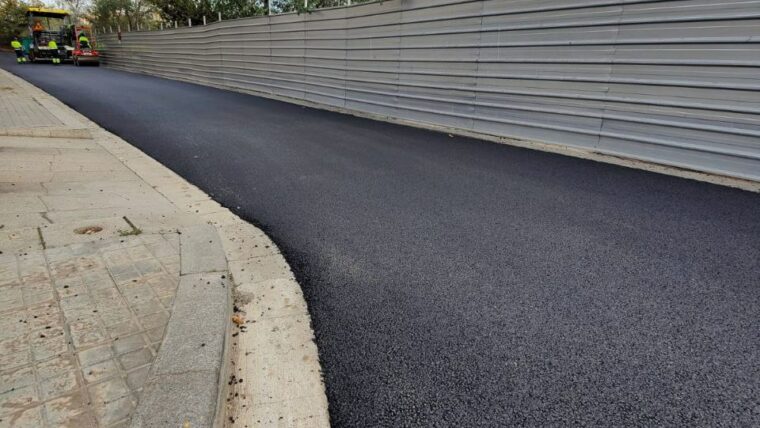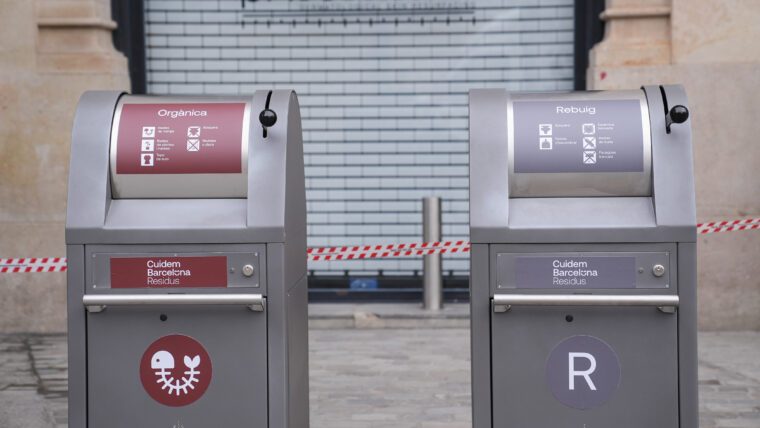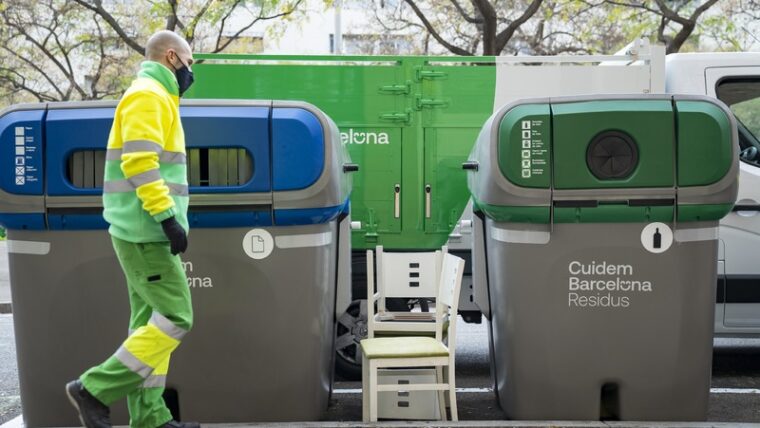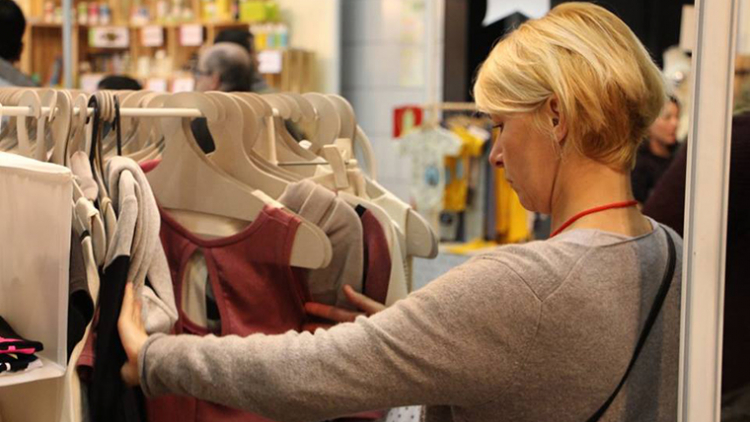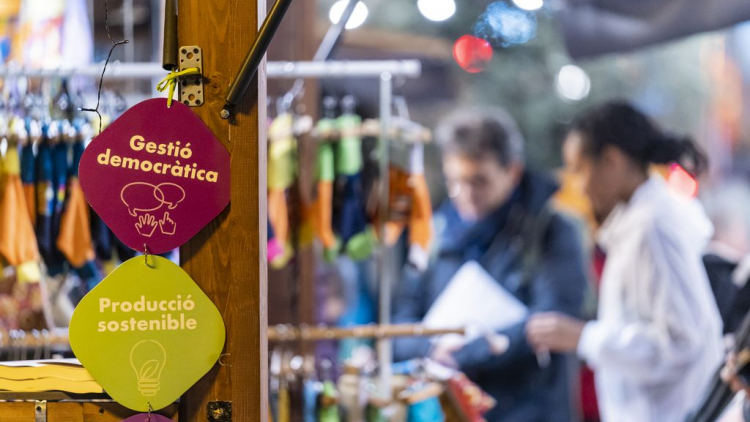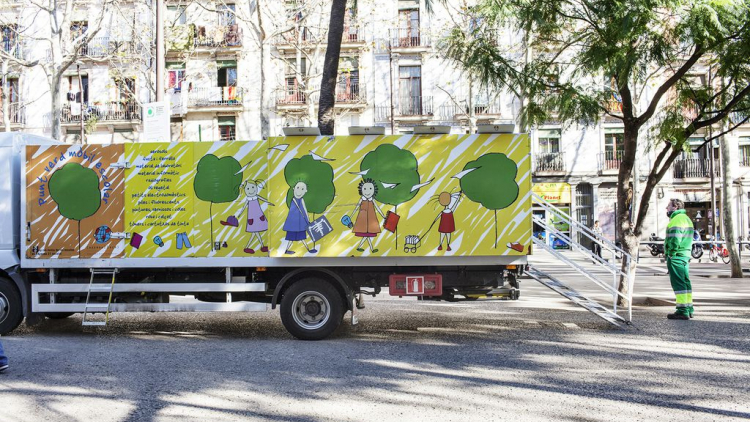Goal 12:
Responsible consumption and production
Ensure sustainable consumption and production patterns
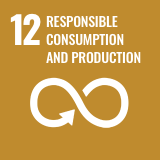
SDG 12 focuses on production and consumption practices. In order for them to be sustainable, there must first be a more efficient use of natural resources, which depends on (among other things) reducing food waste and waste production in general, through prevention, reduction, re-use and recycling.
It also aims to ensure the correct management of unavoidable waste products, especially toxic waste. Businesses, especially large and/or multinational companies, are encouraged to carry out their operations in a more sustainable, transparent manner. Public authorities can also do a lot for this goal, through their fiscal and procurement policies, and by enhancing social awareness on sustainable development and lifestyles.
12.1 Implement the 10-Year Framework of Programmes on Sustainable Consumption and Production Patterns, with all countries taking action and developed countries taking the lead, taking into account the development and capacities of developing countries
12.2 By 2030, achieve sustainable management and efficient use of natural resources
12.3 By 2030, halve per capita global food waste at the retail and consumer levels and reduce food losses along the production and supply chains, including post-harvest losses
12.4 By 2020, achieve environmentally sound management of chemicals and all waste throughout their life cycle, in accordance with agreed international frameworks, and significantly reduce their release into air, water and soil in order to minimise their adverse effects on human health and the environment
12.5 By 2030, substantially reduce waste generation through prevention, reduction, recycling and reuse
12.6 Encourage companies, especially large and transnational companies, to adopt sustainable practices and incorporate sustainability information into their reporting cycle
12.7 Promote public procurement practices that are sustainable, in accordance with national policies and priorities
12.8, By 2030, ensure that people everywhere have the relevant information and awareness for sustainable development and lifestyles in harmony with nature
12.a Support developing countries in strengthening their scientific and technological capacity to move towards more sustainable consumption and production patterns
12.b Develop and implement tools to monitor sustainable development impacts for sustainable tourism that creates jobs and promotes local culture and products
12.c Rationalise inefficient fossil-fuel subsidies that encourage wasteful consumption by removing market distortions, in accordance with national circumstances, including by restructuring taxation systems and gradually phasing out those harmful subsidies, where they exist, to reflect their environmental impact, taking fully into account the specific needs and conditions of developing countries and minimising the possible adverse effects on their development in a manner that protects the poor and the communities affected
Related municipal plans and programmes
- Citizen Commitment to Sustainability (2012-2022)
- Strategy for Social Inclusion and Reducing Social Inequality (2017-2027)
- Estrategia de Alimentación Saludable y Sostenible Barcelona 2030
- Sustainable Public Procurement Plan
- Estrategia de la Economía Social y Solidaria en Barcelona 2030
- Strategy for the Transition to Energy Sovereignty
- Strategic Market Plan 2015-2025
- Barcelona Zero Waste Plan 2021-2027
- Plan cambiamos por el clima 2030

